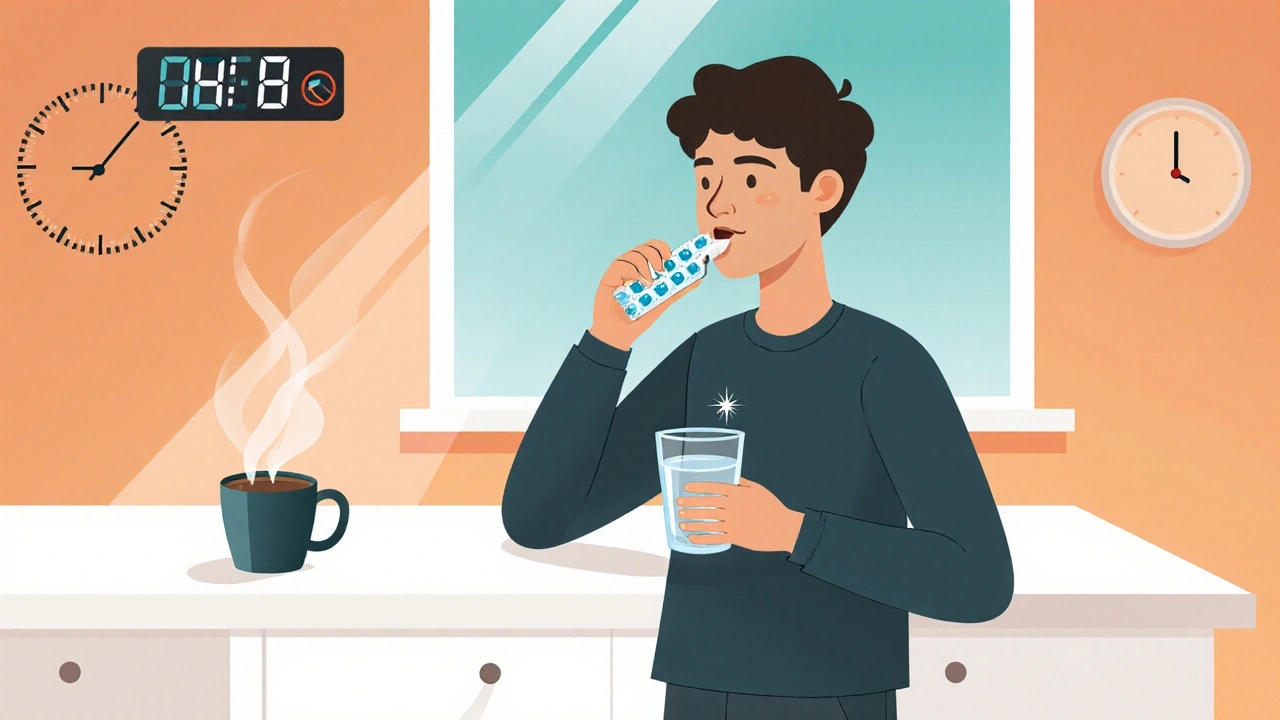Hypothyroidism Treatment: What You Need to Know
When dealing with hypothyroidism treatment, the medical approach used to raise low thyroid hormone levels and relieve symptoms. Also called thyroid hormone replacement, it focuses on restoring normal metabolism and energy. The cornerstone of therapy is levothyroxine, a synthetic form of the T4 hormone that mimics what the thyroid normally makes. Most patients start on a low dose that is slowly increased until blood tests show a stable level. Some doctors add liothyronine, a fast‑acting synthetic T3 that can fine‑tune symptoms not fully covered by T4 alone, especially when fatigue or brain fog linger despite normal TSH. Combination therapy isn’t for everyone, but it gives an extra tool when standard levothyroxine falls short.
Finding the right dose isn’t a set‑it‑and‑forget‑it task. It hinges on regular thyroid function tests, blood checks that measure TSH, free T4, and sometimes free T3 to gauge how well the replacement works. A typical schedule is a test six weeks after a dose change, then again after three months to confirm stability. These numbers guide whether you need a higher pill, a split dose, or a switch to liothyronine. hypothyroidism treatment also has to account for the underlying cause. In most cases the immune system attacks the thyroid, a condition known as Hashimoto's thyroiditis, an autoimmune disorder that gradually destroys thyroid tissue. When Hashimoto's is present, doctors watch for antibodies that may flare up and affect medication absorption. Lifestyle tweaks such as adequate iodine, selenium, and vitamin D can support hormone synthesis and reduce inflammation, but they never replace prescription meds. Timing matters too: calcium or iron supplements taken within four hours of levothyroxine can blunt absorption, so separating them can keep your blood levels on target.
Putting It All Together
In a nutshell, effective hypothyroidism treatment blends the right drug, the right dose, and the right monitoring plan. Start with levothyroxine, consider liothyronine if symptoms persist, and let thyroid function tests steer adjustments. Keep an eye on autoimmune activity if Hashimoto's is part of the picture, and be mindful of food and supplement interactions that can sabotage absorption. Below you’ll find articles that dive deeper into each of these areas – from dosing strategies to drug comparisons, from managing side effects to understanding how diet influences your therapy. Use the insights to fine‑tune your regimen, ask informed questions at the doctor's office, and stay on top of your thyroid health.

Levothyroxine Absorption: Timing Tips & Common Interference
Learn how timing and food interactions affect levothyroxine absorption, get practical tips for morning or evening dosing, and discover newer formulations that simplify thyroid medication management.
Read More